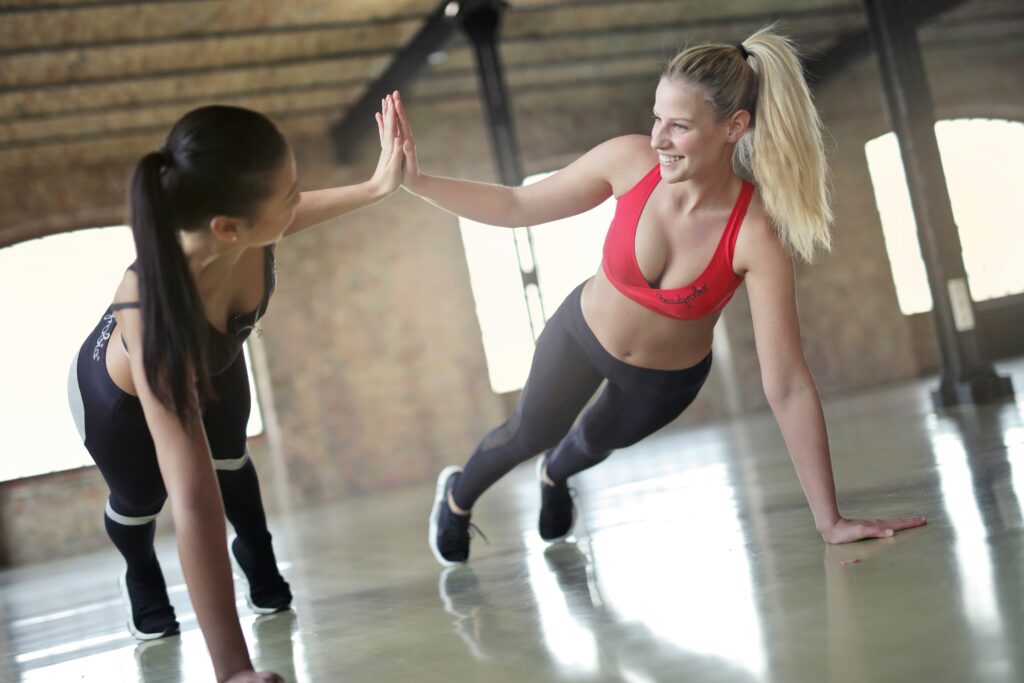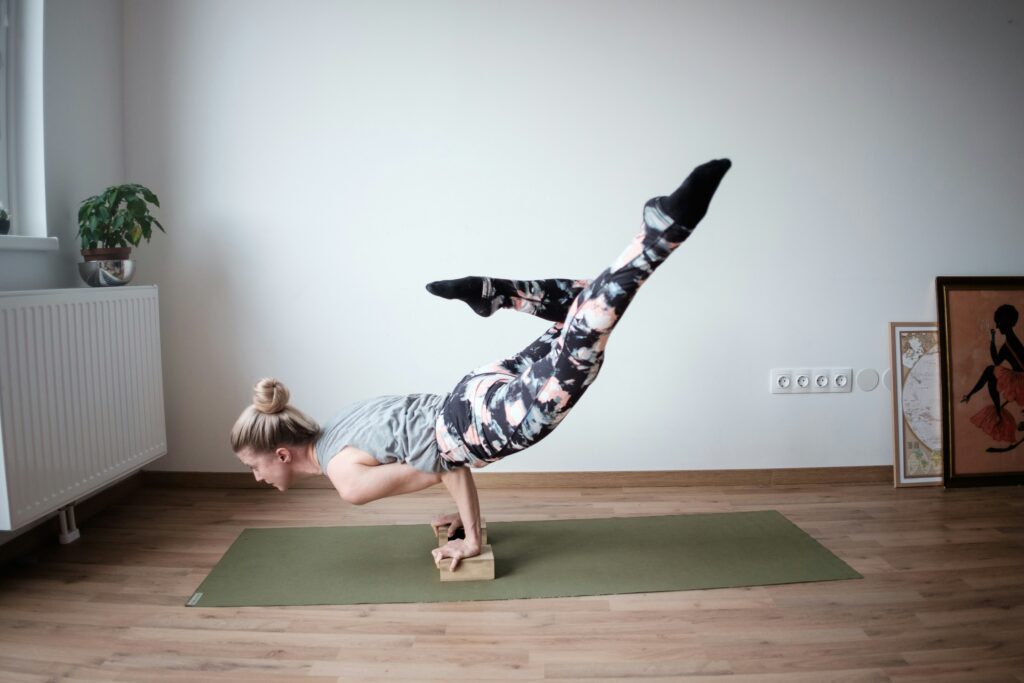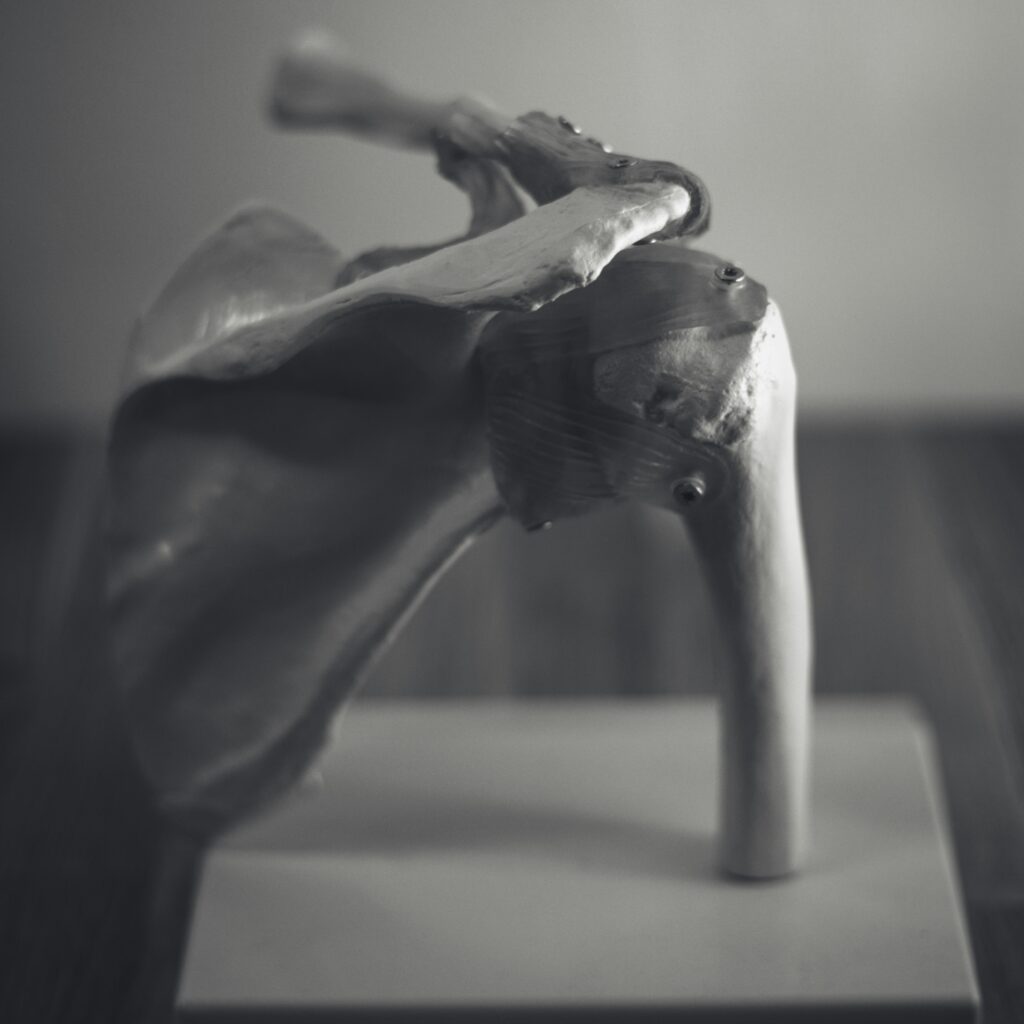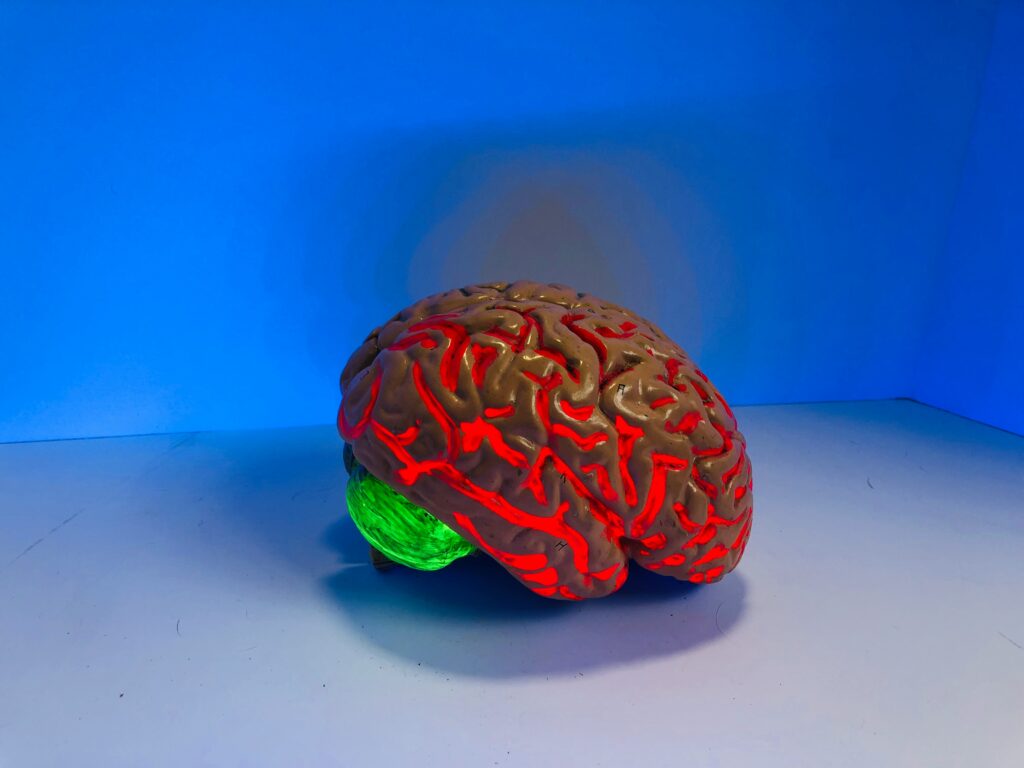Exercise fads are always streaming through society, some quickly and others entrenching themselves in the popular mind for a longer duration. The methodology of Pilates has been one that has persisted, reaching as far back as the early 20th century. Invariably indebted to its founder, Joseph Pilates, he pioneered his exercise regime in America in the early decades of the last century, which combined Eastern and Western philosophies on physical fitness into a cohesive program.
In 1923, Pilates opened his first studio in New York City. Almost instantly, Pilates’ method became an astonishing success, especially among the dancing community. They noticed, particularly, that Pilates was acutely useful in both ameliorating the recovery time from injury and also preventing recurring injury. Eventually, Pilates gained an even broader audience, gaining adherents throughout the greater New York community. In describing his program, Pilates noted succinctly: “It is the mind itself which builds the body.
More elaborately, Pilates is a holistic exercise system structured to elongate, strengthen and restore the body. It involves exercises that engage the entire body, generally performed on a spring-assisted apparatus. Especially for individuals suffering from long-persisting joint discomfort, Pilates can be eminently useful in eliminating pain and improving overall mobility. In this article, we’ll explore the myriad benefits offered by the program of Pilates.
Improves Core

A weak core can signal a host of potential maladies, including decreased energy, poor endurance, and lackadaisical posture. It can also contribute to lower back pain and make one more susceptible to nagging muscle injuries. Pilates, however, has a notable reputation for stabilizing and emphasizing core strength. Pilates specifically targets deeper abdominal muscles through a variety of motions, forcing the pelvic floor to contract and release. Engaging in these movements effectively stabilizes the lower back.
Corrects Posture

Have folks recently remarked to you that you’ve been slouching? That your comportment yields an uncouth and slothful look? If your posture has diminished, Pilates can play a critical role in rectifying it. Poor posture is often the result of imbalanced musculature, frequently resulting in shoulder and lower back pain. Pilates prioritizes a balancing of the body’s muscles, focusing on full body alignment. It is a holistic routine that will place stress on numerous muscles throughout your body, steadily improving your overall posture.
Alleviates Back Pain

Some Pilates-based workouts specifically target stabilizing muscles that support the spine. Most instances associated with severe lower back pain manifest as a consequence of weak trunk muscles. Such instability is frequently mollified by engaging in a disciplined regimen of Pilates, alleviating even cases of critical back pain.
Boosts Energy

Like any other form of exercise, a natural consequence of engaging in Pilates is the consequent production of endorphins. The breathing exercises inherent in Pilates improve overall circulation while oxygenating the blood, invigorating the mind, brain and body. One study’s findings concluded that subjects who engaged in Pilates experienced a significant reduction in anxiety, fatigue and depression. The veracity of such cases studies are always in dispute, but generally speaking, Pilates is a constructive way to improve one’s well-being.
Restores Mobility And Flexibility

Ever had a nagging joint injury that seems immune to improvement? Pilates can actually be a therapeutic way to ameliorate arthritic pain or obstinately inflexible joints. Most Pilates routines intersperse stretching with strengthening exercises, improving elasticity before improving muscle resiliency with weighted movements. This method allows one to stretch more arduously while decreasing the probability of potential muscle pain or strain. Moreover, as Pilates is a full-body workout, it can likely address whatever area of your body is experiencing pain the most keenly, whether it’s your back, core, shoulders, or hamstrings.
Enhances Sports Performance

Whether you’re a professional athlete or an amateur enthusiast who enjoys sports recreationally, Pilates can definitively boost your performance on the field or on the court. As we’ve already established, Pilates unequivocally improves stability and mobility. Participation in a Pilates regimen is thus helpful in preventing substantial injuries that may inhibit your ability to perform. Additionally, research has suggested that athletes in multiple sports, while adhering to a Pilates fitness structure, demonstrated improved speed, spikes in muscle mass and trunk stability, a more functional core, and additionally flexibility when kicking. Pilates is an excellent way to complement your athletic pursuits.
Strengthens Bones

The program of Pilates offers a diverse range of exercises to improve bone health, which can be especially beneficial if you’re suffering from a malady like osteoporosis. Weight-bearing movements such as lunges, squats, and planks stimulate the bones by applying stress, increasing bone density and strength over a prolonged duration of time. Additional examples of Pilates-oriented exercises buttressing bone health include the spine stretch, which supports spinal mobility and flexibility; and the swan, which specifically focuses on back and shoulder muscles. Be sure to enlist the services of a certified Pilates instructor as you engage in these activities, to ensure appropriate form and movement.
Facilitates Cognitive Functioning

Particularly as we age, our cognitive functioning can become more and more precarious. Pilates, however, can assist in preserving cognitive execution. Numerous studies have shown that strength exercises, including those prominently featured in Pilates, enhance brain function, memory, and cognitive maintenance. Exercising is known to stimulate the production of new neurons, facilitate increased neurotransmitter activity, and fortify the neural connection imperative to memory and critical thinking. Furthermore, Pilates can be instrumental in improving one’s mind-body connection, leading to increased focus, a more positive attitude, a higher quality of sleep and improved mental dexterity. Actively participating in Pilates can safeguard your mental health and militate against cognitive decay.
For further information related to overall health, reference the following articles:
10 Reasons Swimming Is Good For Your Health
6 Health Benefits of Pickleball




